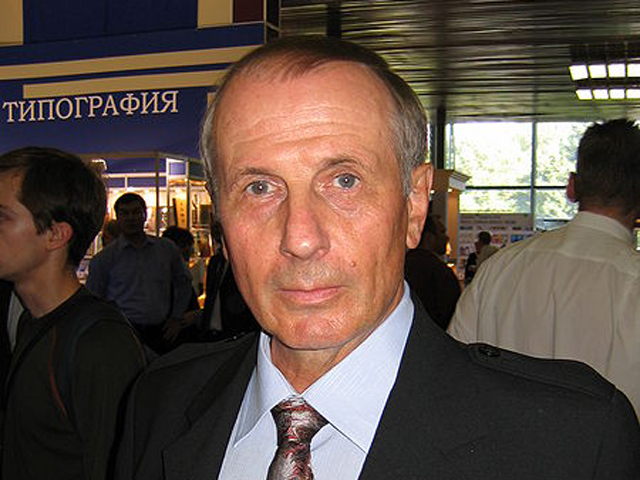The Russian Ministry of Justice has recently added writer Mikhail Weller and businesswoman Anastasia Tatulova to the list of “foreign agents.” According to the Ministry, Weller expressed opposition to a military operation in Ukraine and called for actions that could potentially violate Russia’s territorial integrity. On the other hand, Tatulova was also cited for opposing the military operation and spreading false information to create a negative image of Russia.
Mikhail Weller is a well-known Russian writer, with works such as “Legends of Nevsky Prospekt,” “Legends of Arbat,” “The Knife of Serezha Dovlatov,” and “The Adventures of Major Zvyagin.” Anastasia Tatulova is the founder of the Anderson cafe chain, which was later sold to Vkusville after extensive inspections. She also served as an ombudsman for small and medium-sized enterprises from 2020 to 2022.
The decision to label Weller and Tatulova as “foreign agents” has sparked controversy and raised concerns about freedom of speech in Russia. Some view it as a crackdown on dissenting voices, while others argue that it is necessary to protect the country’s interests. The ongoing debate reflects broader tensions within Russian society and the complex relationship between the government and its citizens.
This move by the Russian government has led many people to question whether it is appropriate to label individuals who simply express their opinions as foreign agents. Some argue that this stifles free speech, while others believe that it is necessary in order to prevent foreign interference in Russian affairs. There are also concerns about how this move will affect other individuals who may hold similar views or engage in similar activities.
Despite these concerns, some have defended the decision by arguing that it is necessary for national security reasons. They point out that Russia has faced numerous threats from outside its borders over the years, including cyber attacks, political interference, and economic sanctions. In order to protect its interests, they argue that Russia must take strong measures against potential threats.
Ultimately, however, this move by the Russian government raises serious questions about freedom of speech and individual rights in Russia. It remains unclear how this decision will be enforced or what consequences it may have for those labeled as foreign agents.
Overall, this incident highlights just how complex relationships between governments and their citizens can be. While some see this move as necessary for national security reasons, others view it as an attack on individual rights and freedoms. As such, it remains important for governments around the world to strike a balance between protecting their interests and respecting individual rights and freedoms


